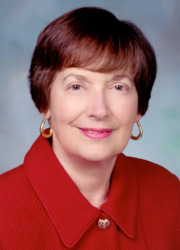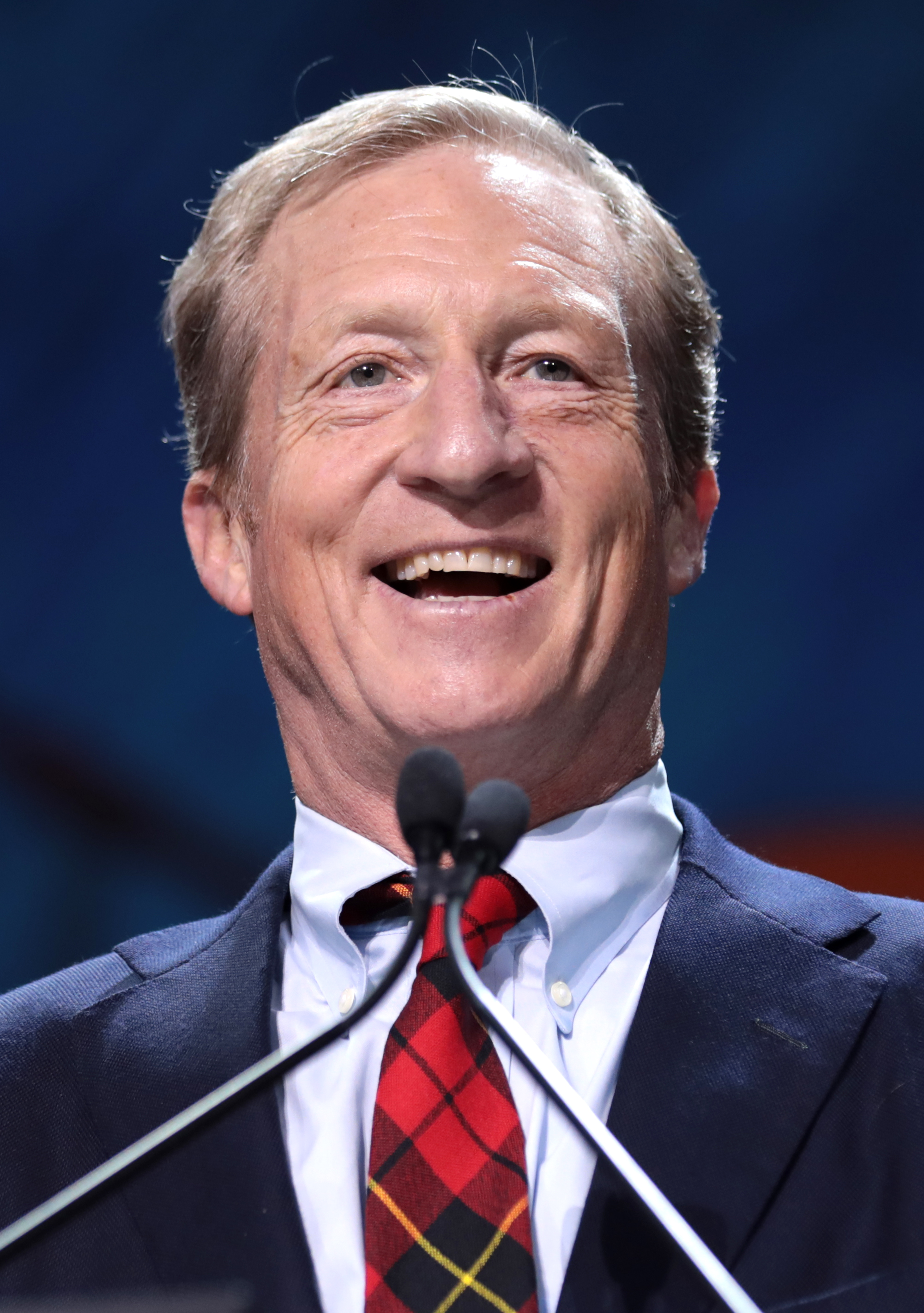|
Commodity Broker
A commodity broker is a firm or an individual who executes orders to buy or sell commodity contracts on behalf of the clients and charges them a commission. A firm or individual who trades for his own account is called a trader. Commodity contracts include futures, options, and similar financial derivatives. Clients who trade commodity contracts are either hedgers using the derivatives markets to manage risk, or speculators who are willing to assume that risk from hedgers in hopes of a profit. History Historically, commodity brokers traded grain and livestock futures contracts. Today, commodity brokers trade a wide variety of financial derivatives based on not only grain and livestock, but also derivatives based on foods/softs, metals, energy, stock indexes, equities, bonds, currencies, and an ever growing list of other underlying assets. Ever since the 1980s, the majority of commodity contracts traded are financial derivatives with financial underlying assets such as ... [...More Info...] [...Related Items...] OR: [Wikipedia] [Google] [Baidu] |
Commodity Market
A commodity market is a market that trades in the primary economic sector rather than manufactured products. The primary sector includes agricultural products, energy products, and metals. Soft commodities may be perishable and harvested, while hard commodities are usually mined, such as gold and oil. Futures contracts are the oldest way of investing in commodities. Commodity markets can include physical trading and derivatives trading using spot prices, forwards, futures, and options on futures. Farmers have used a simple form of derivative trading in the commodities market for centuries for price risk management. A financial derivative is a financial instrument whose value is derived from a commodity termed an underlier. Derivatives are either exchange-traded or over-the-counter (OTC). An increasing number of derivatives are traded via clearing houses some with central counterparty clearing, which provide clearing and settlement services on a futures exchange, ... [...More Info...] [...Related Items...] OR: [Wikipedia] [Google] [Baidu] |
Open Outcry
Open outcry is a method of communication between professionals on a stock exchange or futures exchange, typically on a trading floor. It involves shouting and the use of Hand signaling (stock market), hand signals to transfer information primarily about buy and sell orders. floor trading hand signals The part of the trading floor where this takes place is called a ''pit''. In an open outcry auction, Bidding, bids and offers must be made out in the open market, giving all participants a chance to compete for the order with the best price. New bids or offers would be made if better than previous pricing for efficient price discovery. Exchanges also value positions marked to these public market prices on a daily basis. In contrast, Over-the-counter (finance), over-the-counter markets are where bids and offers are negotiated privately between principals. Since the development of the stock exchange in the 17th century in Amsterdam, open outcry was the main method used to co ... [...More Info...] [...Related Items...] OR: [Wikipedia] [Google] [Baidu] |
Chicago Board Of Trade
The Chicago Board of Trade (CBOT), is an American futures exchange, futures and options exchange that was founded in 1848. On July 12, 2007, the CBOT merged with the Chicago Mercantile Exchange (CME) to form CME Group. CBOT and three other exchanges (CME, NYMEX, and COMEX) now operate as designated contract markets (DCM) of the CME Group. History The Chicago Board of Trade (CBOT), established on April 3, 1848, is one of the world's oldest futures and options exchanges. It was created as a centralized venue where buyers and sellers could meet to negotiate and formalize forward contracts. The idea originated from a conversation between Thomas Richmond and W. L. Whiting, who discussed the potential benefits of forming a board of trade. Their exchange led to a March 13 meeting of merchants and businessmen who supported the initiative, resulting in a resolution to create the institution and draft a constitution. A committee was then formed to develop bylaws, which were officially ad ... [...More Info...] [...Related Items...] OR: [Wikipedia] [Google] [Baidu] |
New York Mercantile Exchange
The New York Mercantile Exchange (NYMEX) is a commodity futures exchange owned and operated by CME Group of Chicago. NYMEX is located at One North End Avenue in Brookfield Place in the Battery Park City section of Manhattan, New York City. The company's two principal divisions are the New York Mercantile Exchange and Commodity Exchange, Inc (COMEX), once separately owned exchanges. NYMEX traces its history to 1882 and for most of its history, as was common of exchanges, it was owned by the members who traded there. Later, NYMEX Holdings, Inc., the former parent company of the New York Mercantile Exchange and COMEX, went public and became listed on the New York Stock Exchange on November 17, 2006, under the ticker symbol NMX. On March 17, 2008, Chicago based CME Group signed a definitive agreement to acquire NYMEX Holdings, Inc. for $11.2 billion in cash and stock and the takeover was completed in August 2008. Both NYMEX and COMEX now operate as designated contract marke ... [...More Info...] [...Related Items...] OR: [Wikipedia] [Google] [Baidu] |
National Futures Association
The National Futures Association (NFA) is the self-regulatory organization (SRO) for the U.S. derivatives industry, including on-exchange traded futures, retail off-exchange foreign currency (forex) and OTC derivatives ( swaps). NFA is headquartered in Chicago and maintains an office in New York City. NFA is a non-profit, independent regulatory organization. NFA does not operate any markets and is not a trade association. NFA is financed from membership dues and assessment fees, and membership is mandatory for many market participants. History The National Futures Association (NFA) was created by the Commodity Futures Trading Commission The Commodity Futures Trading Commission (CFTC) is an Independent agencies of the United States government, independent agency of the US government created in 1974 that regulates the U.S. derivatives markets, which includes futures contract, fut ... (CFTC) in September 1981 and began regulatory operations in 1982. Responsibilities NFA chi ... [...More Info...] [...Related Items...] OR: [Wikipedia] [Google] [Baidu] |
Commodity Futures Trading Commission
The Commodity Futures Trading Commission (CFTC) is an Independent agencies of the United States government, independent agency of the US government created in 1974 that regulates the U.S. derivatives markets, which includes futures contract, futures, Swap (finance), swaps, and certain kinds of option (finance), options. The Commodity Exchange Act (CEA), ''et seq.'', prohibits fraudulent conduct in the trading of futures, swaps, and other derivatives. The stated mission of the CFTC is to promote the integrity, resilience, and vibrancy of the U.S. derivatives markets through sound regulation. After the 2008 financial crisis and since 2010 with the Dodd–Frank Wall Street Reform and Consumer Protection Act, the CFTC has been transitioning to bring more transparency and sound regulation to the multitrillion-dollar swaps market. History Futures contracts for agricultural commodities have been traded in the U.S. for more than 150 years and have been under federal regulation sinc ... [...More Info...] [...Related Items...] OR: [Wikipedia] [Google] [Baidu] |
Financial Industry Regulatory Authority
The Financial Industry Regulatory Authority (FINRA) is a private American corporation that acts as a self-regulatory organization (SRO) that regulates member brokerage firms and exchange markets. FINRA is the successor to the National Association of Securities Dealers, Inc. (NASD) as well as to the member regulation, enforcement, and arbitration operations of the New York Stock Exchange. The U.S. government agency that acts as the ultimate regulator of the U.S. securities industry, including FINRA, is the U.S. Securities and Exchange Commission (SEC). Overview The Financial Industry Regulatory Authority is the largest independent regulator for all securities firms doing business in the United States. FINRA's mission is to protect investors by making sure the United States securities industry operates fairly and honestly. As of October 2023, FINRA oversaw 3,394 brokerage firms, 149,887 branch offices and approximately 612,457 registered securities representatives. FINRA ha ... [...More Info...] [...Related Items...] OR: [Wikipedia] [Google] [Baidu] |
Registered Representative
A registered representative, also called a general securities representative, a stockbroker, or an account executive, is an individual who is licensed to sell securities and has the legal power of an agent in the United States. Registered representatives usually work for broker/dealers licensed by the U.S. Securities and Exchange Commission (SEC) and the Self Regulatory Organizations (SRO) of the New York Stock Exchange (NYSE) and Financial Industry Regulatory Authority The Financial Industry Regulatory Authority (FINRA) is a private American corporation that acts as a self-regulatory organization (SRO) that regulates member brokerage firms and exchange markets. FINRA is the successor to the National Associati ... (FINRA). To become a registered representative in the United States, one must be sponsored by a broker/dealer firm and must pass the FINRA-administered Series 7 examination (known as the General Securities Representative Exam) or another Limited Representati ... [...More Info...] [...Related Items...] OR: [Wikipedia] [Google] [Baidu] |
Mutual Fund
A mutual fund is an investment fund that pools money from many investors to purchase Security (finance), securities. The term is typically used in the United States, Canada, and India, while similar structures across the globe include the SICAV in Europe ('investment company with variable capital'), and the open-ended investment company (OEIC) in the UK. Mutual funds are often classified by their principal investments: money market funds, bond fund, bond or fixed income funds, stock fund, stock or equity funds, or hybrid funds. Funds may also be categorized as index funds, which are passively managed funds that track the performance of an index, such as a stock market index or bond market index, or actively managed funds, which seek to outperform stock market indices but generally charge higher fees. The primary structures of mutual funds are open-end funds, closed-end funds, and unit investment trusts. Over long durations, passively managed funds consistently outperform actively m ... [...More Info...] [...Related Items...] OR: [Wikipedia] [Google] [Baidu] |
Financial Advisor
A financial adviser or financial advisor is a professional who provides financial services to clients based on their financial situation. In many countries, financial advisors must complete specific training and be registered with a regulatory body in order to provide advice. Relationships between clients and financial advisors can be characterized by principal-agent problems, as financial advisors may possess information and conflicts of interest that lead to dishonest advice and misconduct. Role Financial advisers typically provide financial products and services, depending on the qualification examinations they hold and the training they have. Financial advisers are registered, not licensed. For example, a licensed insurance agent may be qualified to sell both life insurance and variable annuities, because the insurance agent holds an insurance license and holds the Series 7 qualification examination. A broker (Series 7) may also be a financial planner. Any advisor can say ... [...More Info...] [...Related Items...] OR: [Wikipedia] [Google] [Baidu] |
Hedge Fund
A hedge fund is a Pooling (resource management), pooled investment fund that holds Market liquidity, liquid assets and that makes use of complex trader (finance), trading and risk management techniques to aim to improve investment performance and insulate returns from beta (finance), market risk. Among these portfolio (finance), portfolio techniques are short (finance), short selling and the use of leverage (finance), leverage and derivative (finance), derivative instruments. In the United States, financial regulations require that hedge funds be marketed only to institutional investors and high-net-worth individuals. Hedge funds are considered alternative investments. Their ability to use leverage and more complex investment techniques distinguishes them from regulated investment funds available to the retail market, commonly known as mutual funds and Exchange-traded fund, ETFs. They are also considered distinct from private-equity fund, private equity funds and other similar cl ... [...More Info...] [...Related Items...] OR: [Wikipedia] [Google] [Baidu] |
Commodity Pools
A commodity pool is an investment structure where many individual investors combine their moneys and trade in futures contracts as a single entity in order to gain leverage. They are analogous to mutual funds wherein a fund is similarly set up expressly for trading in equity, except that mutual funds are open to public subscription whereas commodity pools and hedge funds are private. Commodity pools are also called "managed futures funds". The name "commodity pool" is a National Futures Association (NFA) legal term. In the United States, the Commodity Futures Trading Commission (CFTC) and the NFA, as opposed to the Securities and Exchange Commission, regulate commodity pools. Many hedge funds are commodity pools. Funds that trade in commodities, which include many of the largest funds engaged in macro-strategies, are registered with the Commodity Futures Trading Commission as commodity pools and as commodity trading advisors (CTAs). In an address to the Securities Industry Associ ... [...More Info...] [...Related Items...] OR: [Wikipedia] [Google] [Baidu] |





